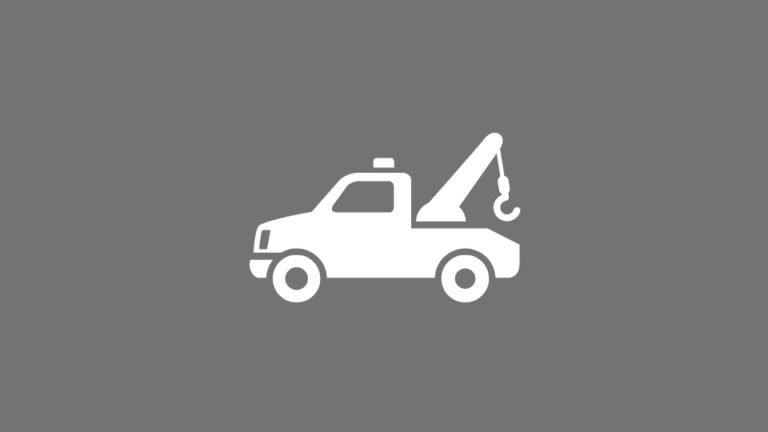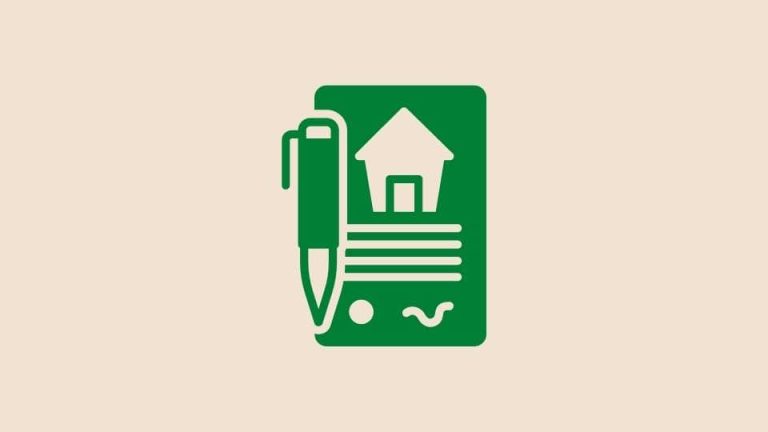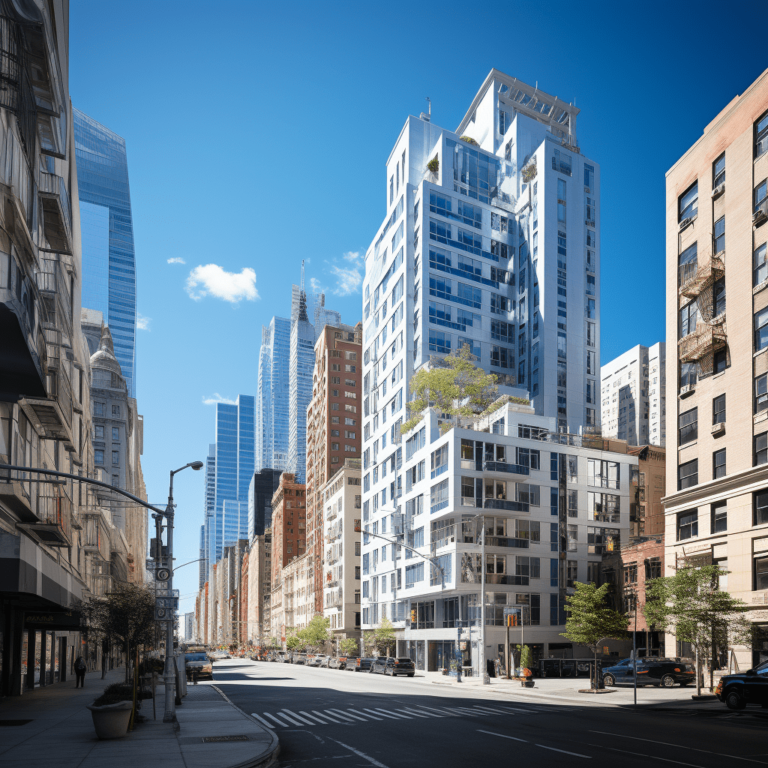Can a Landlord Have Cameras Outside the House?
Your main priority as a landlord is to protect the safety of your property and tenants. Adding security cameras can assist you in accomplishing this aim by deterring criminal activity, giving evidence in the event of a disagreement or incident, and improving general security.
But, installing security cameras raises privacy problems, and as a landlord, you must balance safety and privacy concerns.
This article will go through the legal elements of installing security cameras, the benefits of having security cameras outside the house, tenants’ privacy rights, best practices for landlords installing security cameras, dealing with tenant complaints and concerns, and alternatives to security cameras.
We will also offer advice and suggestions on tackling these issues professionally and ethically. This book will provide you with the information you need to make informed decisions about using security cameras in your rental properties, whether you are a new landlord or have been in the business for a long time. So let’s get started!
Legal Considerations While Installing Security Cameras
As a landlord, you should know the legal implications of putting security cameras in your rental properties. Surveillance camera rules and regulations differ by state, and you should be aware of other federal laws concerning electronic surveillance.
Surveillance camera laws at the state and local levels
Only 16 of the 50 states have enacted legislation governing video surveillance. In states with no explicit rules, you should check with your local city and county governments to ensure that installing an outside camera is legal.
Before installing security cameras, some states require landlords to seek written authorization from tenants. In contrast, others restrict landlords from putting cameras in locations where tenants have a reasonable expectation of privacy, such as bedrooms and toilets.
In addition to state rules, certain cities and municipalities may have their security camera ordinances. Before installing security cameras, it is critical to understand local legislation and seek legal counsel.
Federal electronic surveillance laws
The Electronic Communications Privacy Act of 1986 contains many rules governing electronic monitoring and wiretapping. Courts have construed the statute as permitting magistrates and federal judges to issue warrants to law enforcement officials to enter private houses to “bug” the home’s electronic communication system.
While this law primarily applies to law enforcement, landlords must be aware of it and verify that their usage of security cameras does not breach renters’ privacy rights.
The significance of seeking legal counsel
Given the complexities and varying nature of state and federal surveillance regulations, landlords should seek legal counsel before installing security cameras. A knowledgeable attorney can assist you in navigating the legal landscape, ensuring compliance with all applicable rules and regulations, and protecting you from potential legal exposure.
Including renters in the process and notifying them of your security camera policy can also assist in avoiding misunderstandings and problems later on. Ultimately, a proactive approach emphasizing transparency, communication, and legal compliance is critical for successfully negotiating the legal elements of placing security cameras in your rental properties.
The Advantages of Installing Security Cameras Outside the Home

Consider placing security cameras outside your rental property as a landlord to boost safety and security. Exterior security cameras can provide both landlords and tenants several advantages and peace of mind. Here are some of the advantages of having security cameras installed outside the home:
Increased security and safety
One of the critical advantages of having security cameras installed outside the house is increased safety and security. By alerting authorities to unusual activity, outdoor cameras can dissuade intruders and prevent thefts. Potential burglars are less likely to try a break-in or conduct a crime if they observe cameras outside your rental property.
Deterrent to criminal activity
Security cameras are an effective crime deterrent. When potential criminals perceive that a property is being watched, they are more likely to reconsider committing a crime. This can lower the number of criminal incidences in the region and make tenants feel safer.
Evidence in the event of a dispute or incident:
Security cameras can be employed to collect evidence in a dispute or an incident. If there is any criminal activity or an accident outside the rental property, the cameras’ footage can help identify the offenders and offer proof for legal action.
Overall, having security cameras installed outside the home can considerably improve safety and security for both landlords and tenants. Landlords can create a safer atmosphere for their tenants and lower the chance of criminal activity on their rental property by investing in security cameras.
Tenants’ Privacy Rights
As a renter, you have a right to privacy in your rental property. On the other hand, landlords may install security cameras outside the house to improve safety and security. The question, therefore, becomes, what are the limits of renters’ privacy rights when it comes to security cameras installed by landlords?
Rental property privacy expectations
When you rent a home, you have a reasonable expectation of privacy, which includes the right not to be watched. As a result, landlords are prohibited from installing cameras in locations where renters anticipate privacy, such as bedrooms and bathrooms. Landlords are also prohibited from installing cameras that record audio, as this would violate federal wiretapping regulations.
Landlords’ legal responsibility to preserve tenant privacy
Even when installing security cameras, landlords are legally required to respect tenant privacy. Landlords must put permanent security cameras so that neighbours can maintain their privacy. This means that cameras should not be pointed directly towards a neighbouring property or used to spy on tenants or guests.
Setting limits for security camera location
When putting cameras outside of a rental home, tenants face additional restrictions. These cameras are not permitted to face the entrances to other people’s houses, parking spaces, yards, or other areas where privacy is expected. Cameras should also be placed to collect as little data as possible that is not connected to security.
While landlords may install security cameras outside the house to improve safety and security, they must also respect their tenants’ private rights. It is critical that renters understand their rights and that landlords follow the regulations concerning surveillance cameras. Communication is essential in defining limits and ensuring everyone’s rights are respected.
Landlord Security Camera Installation Recommended Practices
Installing security cameras in your rental property can give you with a sense of security and the confidence that your rental property is being monitored for any threats. Nonetheless, best practices must be followed to guarantee that installing security cameras does not infringe on residents’ privacy rights. Before installing security cameras, landlords should examine the following recommended practices:
Selecting the Correct Cameras and Equipment
When installing security cameras, it is critical to examine local privacy regulations to ensure that you select the appropriate cameras and equipment. This includes selecting cameras with proper resolutions and angles and making certain that they do not capture places where renters have a reasonable expectation of privacy.
Informing tenants of the presence of surveillance cameras
Landlords should include security cameras in lease agreements to warning renters of their presence. The purpose of the cameras, their position, and how the footage will be used should be explicitly stated in the notification. When cameras are installed, they should be obvious to ensure that renters know their presence.
Developing explicit policies for camera usage and data storage:
Landlords should develop camera usage and data storage policies and ensure these regulations are conveyed to tenants. This includes determining who gets access to the footage, how long it will be kept, and how it will be used in the event of an incident. Landlords must respect tenants’ “legitimate expectation of privacy” and ensure that surveillance footage is exclusively utilized for security purposes.
By adhering to these best practices, landlords may ensure that installing security cameras does not infringe on tenants’ private rights and provides everybody a safe and secure environment.
Dealing with Tenant Complaints and Concerns

As a landlord, you must anticipate and resolve any tenant issues or complaints about installing and operating security cameras on rental properties. The following are some excellent practices for dealing with tenant complaints and concerns:
Responding to camera installation or removal requests:
Tenants have the right to request that security camera that is always recording be removed from locations where they have a reasonable expectation of privacy, such as bedrooms and toilets. Suppose a tenant discovers any concealed CCTV cameras or other security monitoring equipment constantly recording anywhere on the property. In that case, they have the right to contact you and request that they be removed. Responding quickly to such inquiries and following appropriate procedures to address tenant concerns is critical.
Considering tenants’ privacy concerns:
Whenever a renter has privacy concerns about installing or using security cameras, it is critical to listen to them and address their concerns as soon as feasible. Landlords must put permanent security cameras so that neighbors can maintain their privacy. Cameras, for example, should not be set so they can see inside neighboring units or public places.
Open and honest communication with tenants:
Maintaining a solid landlord-tenant relationship requires open and honest communication with tenants. Landlords should notify renters of the availability of security cameras on their property by putting them in the lease agreement. Furthermore, landlords should specify how the cameras will be utilized, how long the footage will be kept, and who will have access to it. Tenants may feel free to bring up any queries or concerns concerning the cameras with their landlord.
Landlords can help address tenant issues and create a safer and more secure environment for everyone by following these best practices.
FAQs
Can I put a camera outside my apartment door?
It depends on the laws of your state and your landlord’s policies. In general, it is legal for tenants to install security cameras outside their apartment door as long as they don’t invade the privacy of other tenants or violate any lease agreements. However, it is essential to check with your landlord first and make sure that you comply with any rules and regulations they have in place.
Can a landlord record you without permission in California?
No, California has specific laws regulating the use of security cameras in rental properties. Landlords must obtain their tenants’ written consent before installing security cameras. Moreover, landlords are prohibited from installing cameras in areas where tenants have a reasonable expectation of privacy, such as bedrooms and bathrooms.
Can a landlord put cameras inside a house in California?
Landlords in California are only allowed to install security cameras inside a tenant’s home with their permission. They must obtain their tenants’ written consent before installing security cameras. Also, landlords must position permanent security cameras so neighbours can retain their privacy. Landlords must be aware of their tenants’ privacy rights and follow the laws and regulations regarding the use of security cameras in rental properties.
Conclusion
To summarise, putting security cameras outside rental houses can be a beneficial tool for landlords to improve the safety and security of their tenants. Still, these benefits must be balanced against tenants’ privacy rights. Landlords should know the state and municipal regulations regulating surveillance cameras, get legal counsel before installing them, and communicate with renters about camera usage and data storage practices.
Furthermore, landlords should respect renters’ privacy expectations and set explicit limitations for camera deployment. Landlords should respond quickly to tenant complaints and concerns and speak honestly. Landlords may ensure security cameras’ successful and legal usage while maintaining a favourable landlord-tenant relationship by following these best practices.






